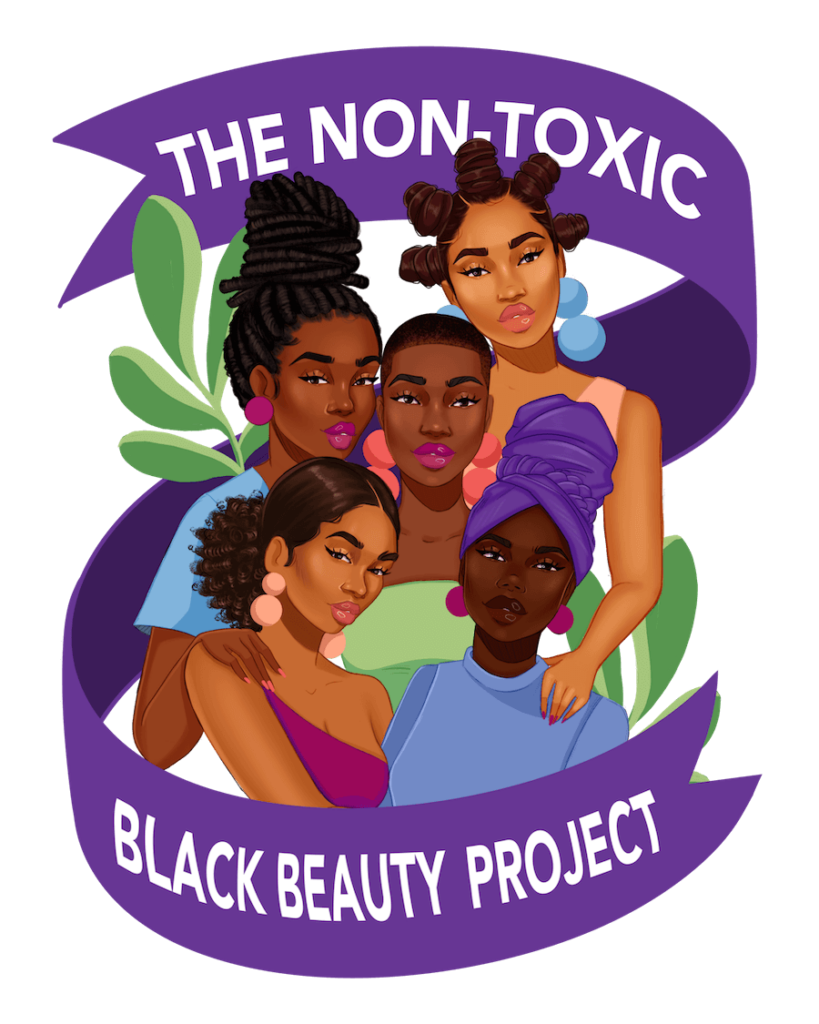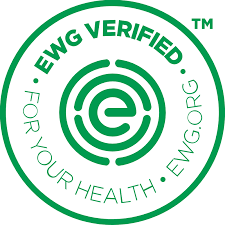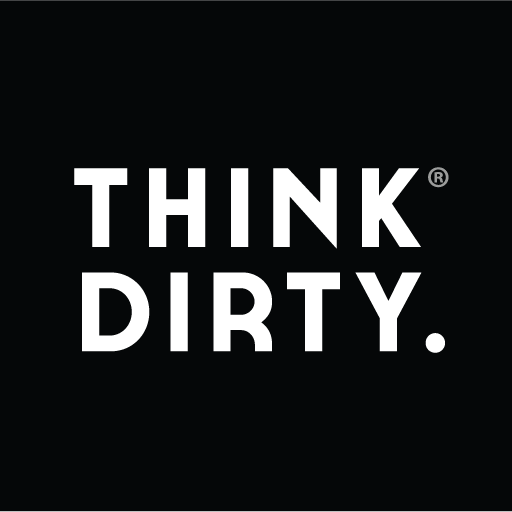Bathroom
DeodorantWhat You Need To KnowYou shouldn’t have to use nasty chemicals to prevent stinky armpits. Be odor-free and toxic-free with these tips:
What To Avoid

Synthetic antioxidants:Synthetic antioxidants (such as butylated hydroxytoluene, BHT, and butylated hydroxyanisole, BHA) can contain trace amounts of cancer-causing chemicals, notably 1,4-dioxane. They can be tricky to spot on a label, but checking for polyethylene glycol compounds (PEGs) or ingredients such as sodium laureth sulfate and chemicals that end with “-eth” (such as laureth, ceteareth or steareth) is a good start.

Preservatives:Certain Preservatives, such as Diazolidinyl urea, and other antibacterial and antimicrobial agents prevent germs (bacterial and microbial) from growing by releasing formaldehyde. Formaldehyde is known to cause cancer (a carcinogen). Another preservative, Phenoxyethanol, has been linked to skin irritations such as eczema and allergic reactions. If swallowed, this preservative may be particularly harmful to infants and their nervous systems. Widely considered to be a hormone disruptor, Parabens are another common preservative to avoid.

Fragrance:Hundreds, or even thousands of chemicals, can be lumped under the term “fragrance.” Many companies do not have to disclose the specific chemicals they used, claiming they are proprietary. Among several concerns in synthetic Fragrances, many contain Phthalates to boost the scent’s staying power. One such common phthalate is Diethyl phthalate (dep). Some chemicals listed as “fragrance” are suspected, or even known to increase risk of cancer (be Carcinogenic). Others may contribute to reproductive and brain development problems.

Essential oils:Two pure Essential oils, tea tree and lavender have been shown to have Estrogenic properties that could disrupt hormones and impact reproductive health. Other Essential oils have not been tested yet for these properties, so it is unknown whether or not there may be reason for concern. However, in some cases, some Essential oils may have therapeutic benefits that outweigh concerns.

MEA, DEA & TEA:Ethanolamine compounds (MEA, DEA & TEA) are used to make personal care products more gentle on our skin and hair by balancing pH levels. These chemicals are also used to bind ingredients (as Emulsifiers) and to make them foam. Studies suggest these chemicals may irritate skin and lungs. Some Ethanolamine compounds may raise the risk of cancer (be Carcinogenic) with chronic exposure.


Polypylene glycol and polyethylene glycol (peg):Polypylene glycol and polyethylene glycol (peg) help to absorb water, but they are made from “natural” gas (a harmful fossil fuel). They also happen to be used in antifreeze and de-icing agents, as well as cosmetics and cleaning products. Studies show that they can be a skin irritant, particularly if used regularly, and may impact the nervous system.
Safer Choices

Natural ingredients:Deodorants and antiperspirants that contain arrowroot, baking soda, kaolin clay, coconut butter , and/or cornstarch – without all the Preservatives and Fragrances that may be harmful – are still found to be effective.

100% vegetable-derived:Products with 100% vegetable-derived polypylene glycol are better because this kind doesn’t tend to irritate the skin and plants are a renewable resource.

Simple soap and water:Simply use good ol’ fragrance-free soap and shower regularly. We suggest organic, all natural and/or biodegradable soap. Avoid plastic packaged soap if possible! You may learn that you’re actually okay without all these products and it’s more of a habit than a need.
Find Safer Products
Websites and Apps:
Clearya
Clearya is a free browser extension and app that notifies you when there are unsafe ingredients in your makeup, personal care, baby care, cleaning and other products, and helps you find safe products.
Clearya is a free browser extension and app that notifies you when there are unsafe ingredients in your makeup, personal care, baby care, cleaning and other products, and helps you find safe products.
Campaign for Safe Cosmetics - Nontoxic Black Beauty Project
They offer a list and database of non-toxic beauty products made and sold by Black-owned companies that are committed to toxic-free beauty and personal care products.
They offer a list and database of non-toxic beauty products made and sold by Black-owned companies that are committed to toxic-free beauty and personal care products.
Detox Me
This app allows you to scan barcodes on products to find relevant tips. They also offer a buying guide to decode product labels and find non-toxic alternatives.
This app allows you to scan barcodes on products to find relevant tips. They also offer a buying guide to decode product labels and find non-toxic alternatives.
Environmental Working Group (EWG)
EWG has a "Skin Deep" database that rates personal care and beauty products based on their safety and toxicity levels. EWG also offers a Healthy Living app that allows you to scan barcodes and find safer products.
EWG has a "Skin Deep" database that rates personal care and beauty products based on their safety and toxicity levels. EWG also offers a Healthy Living app that allows you to scan barcodes and find safer products.
Think Dirty
This app and website allow you to scan or search for personal care products to see their ingredient safety ratings.
This app and website allow you to scan or search for personal care products to see their ingredient safety ratings.





